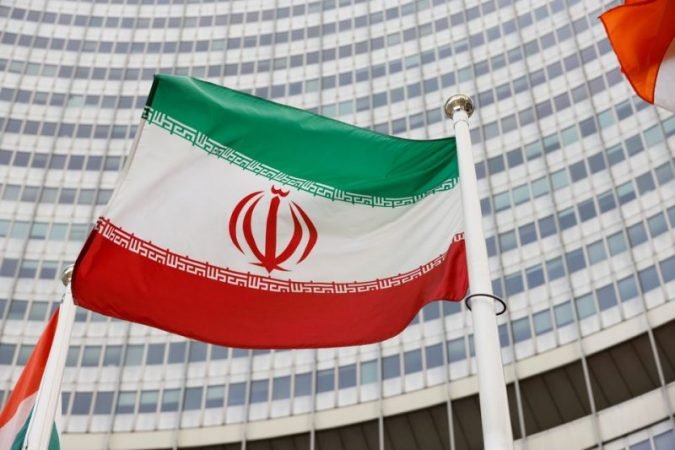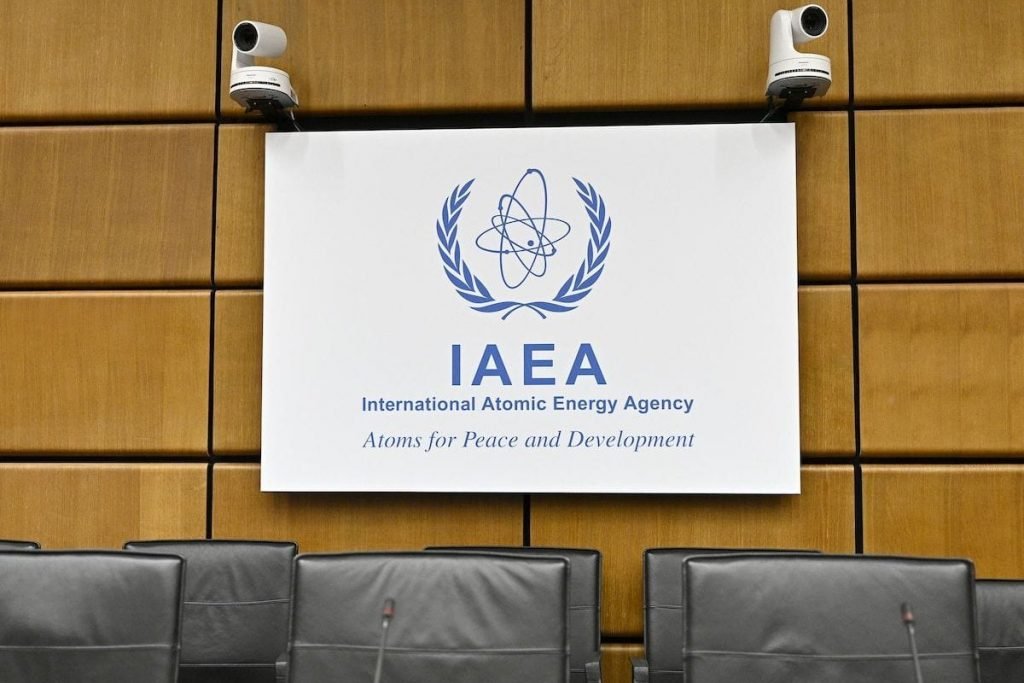IAEA says Iran is stonewalling as talks on nuclear deal hang in balance

The U.N. atomic watchdog on Tuesday criticised Iran for stonewalling an investigation into past activities and jeopardising important monitoring work, possibly complicating efforts to resume talks on the Iran nuclear deal.
The International Atomic Energy Agency said in two reports to member states reviewed by Reuters that there had been no progress on two central issues: explaining uranium traces found at several old, undeclared sites and getting urgent access to some monitoring equipment so that the agency can continue to keep track of parts of Iran’s nuclear programme.
While the investigation into the uranium traces has been going on for more than a year, diplomats say the IAEA urgently needs access to the equipment to swap out memory cards so there are no gaps in its observation of activities like the production of parts for centrifuges, machines that enrich uranium.
Without such monitoring and so-called continuity of knowledge, Iran could produce and hide unknown quantities of this equipment that can be used to make weapons or reactor fuel.
“The Agency’s confidence that it can maintain continuity of knowledge is declining over time and has now significantly further declined,” one of the two reports said, adding that while the agency needs to access the equipment every three months, it had not had access since May 25.
“This confidence will continue to decline unless the situation is immediately rectified by Iran.”
A senior diplomat said the agency’s confidence that the equipment is still working properly declines rapidly after three months, and while the memory cards should keep working for slightly longer, inspectors will need access soon.
Former President Donald Trump pulled Washington out of the 2015 deal, under which Iran agreed to restrictions on its nuclear activities in return for the lifting of sanctions. Tehran responded to the U.S. withdrawal and reimposition of sanctions by violating many of those restrictions.
Indirect talks between the United States and Iran on both countries returning to compliance have stopped while Iran’s hardline President Ebrahim Raisi has taken office. France and Germany have called on Iran to return soon and Raisi has said Tehran is prepared to but not under Western “pressure”.

‘Without further delay’
Tuesday’s criticism by the IAEA means the United States and its European allies must now decide whether to push for a resolution at next week’s meeting of the 35-nation IAEA Board of Governors pressuring Iran to yield.
A resolution could also make resuming talks on the deal harder, since Tehran usually bristles at such moves.
“The Director General is increasingly concerned that even after some two years the safeguards issues outlined above in relation to the four locations in Iran not declared to the Agency remain unresolved,” the second of the reports said.
It said Iran must resolve outstanding issues relating to the sites, which include questions about a fourth location the IAEA has not inspected, “without further delay”.
The report suggested an apparent attack in June on a workshop producing centrifuge components at the TESA Karaj complex was worse than Iran has admitted.
Iran has called it attempted sabotage by Israel, saying there was minor damage to the building but none to equipment.
The first IAEA report said that of four IAEA surveillance cameras installed at the workshop, one was destroyed and another severely damaged. Iran said it removed them before showing them to IAEA inspectors last Saturday.
The destroyed camera’s “data storage medium and the recording unit” were, however, not among the items presented by Iran, the report said, adding that the IAEA asked Iran on Monday to locate them and explain.
Reporting by Francois Murphy; Editing by Grant McCool and Alistair Bell


















